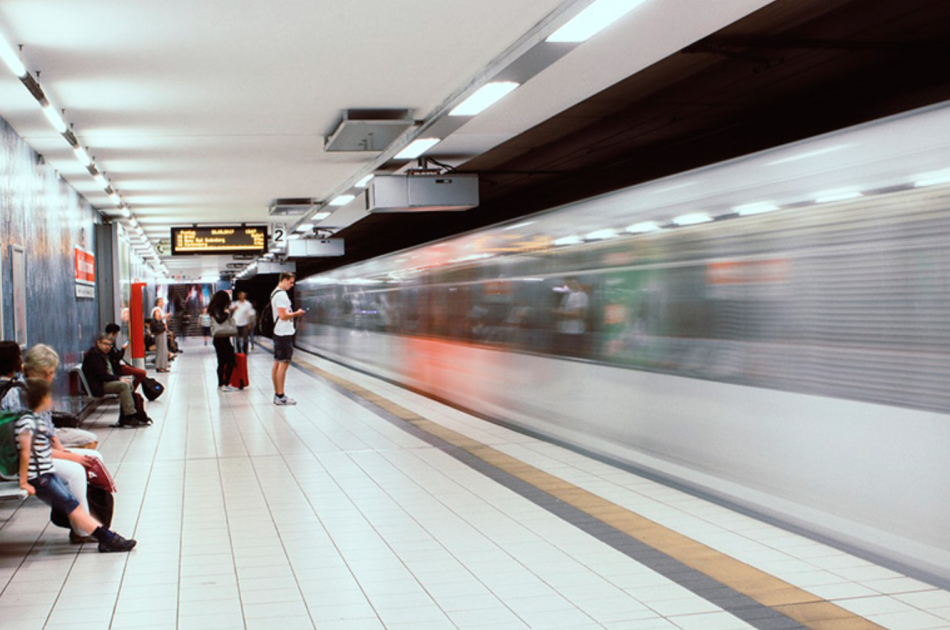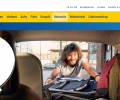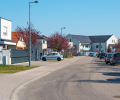Touring and Automobile Club of Peru: paving the future of mobility
Almost nothing will ever be the same as it was before COVID-19, at least not in public transport, according to Victor Añazco, Head of Safe and Sustainable Mobility of the Touring and Automobile Club of Peru (TACP).

In an opinion column of El Diario de la Economía y Negocios entitled "the future of mobility in front of COVID-19", Victor Añazco proposes to analyze the challenges posed by the current situation to rethink tomorrow.
He points out that, with regard to the changes required to prevent the spread of coronavirus, the sanitation of the approximately 28,000 public transport vehicles that circulate in Lima (which transport 80% of the population), must be carried out after each trip. In addition, the number of passengers travelling on foot has to be restricted. This makes it necessary to increase the frequency of transport, which not all companies can comply with. It also leads to delays in serving passengers and causes more cars to be driven, which would have a negative impact on the environment.
Añazco also indicates that 70% of the vehicles would not meet the current standards set by the ATU (Urban Transport Authority). In spite of the problems this implies, Añazco understands that it is also an opportunity to implement a better transportation system. That is to say, a sustainable, efficient, effective, ecological, economic and intelligent one.
To this end, he proposes reducing the pressure on the system (with employees who continue to work from home and with the modification of people's departure times, as well as the continuity of quarantine); enabling temporary bicycle lanes as the cities of Bogota, Barcelona and New York, among others, have done; and encouraging micro-mobility (electric skates and skateboards). In fact, it is worth noting that there are already some communes that are seeking to apply these practices.
Finally, he acknowledges that the current situation increases the potential that hybrid and electric cars have. And it highlights the importance of understanding this atypical experience imposed by the coronavirus as an opportunity to rethink our way of life, priorities, habits and transport. He closes his column indicating that "as Jorge Luis Borges said, the future is not what will happen, but what we will build together".

 Facebook
Facebook Twitter
Twitter






